Cyclone Fengal, a low-level storm that struck India’s southern coastline late Saturday, caused at least three fatalities, with reports indicating the possibility of a fourth death. The victims were electrocuted in Chennai, Tamil Nadu, according to disaster management minister KKSSR Ramachandran. Despite these fatalities, the cyclone's impact was relatively minimal, with reports of flooding and fallen trees, but not to the extent initially feared. The Times of India indicated that the storm's damage was largely contained.
The cyclone made landfall with sustained winds of 70-80 kilometers per hour (43-50 miles per hour) and is expected to weaken into a depression by Sunday. The Indian weather bureau has issued warnings for heavy rains across parts of southern India and advised the suspension of fishing operations due to a moderate to high risk of flash floods in some areas.
Earlier in the week, Cyclone Fengal had skirted Sri Lanka, where it caused more significant damage, including the deaths of at least 12 people, including six children. The growing intensity of storms is attributed to climate change, with warmer ocean surfaces fueling stronger storms and increased rainfall. Despite these dangers, advancements in forecasting and evacuation planning have helped reduce the number of fatalities in recent years.



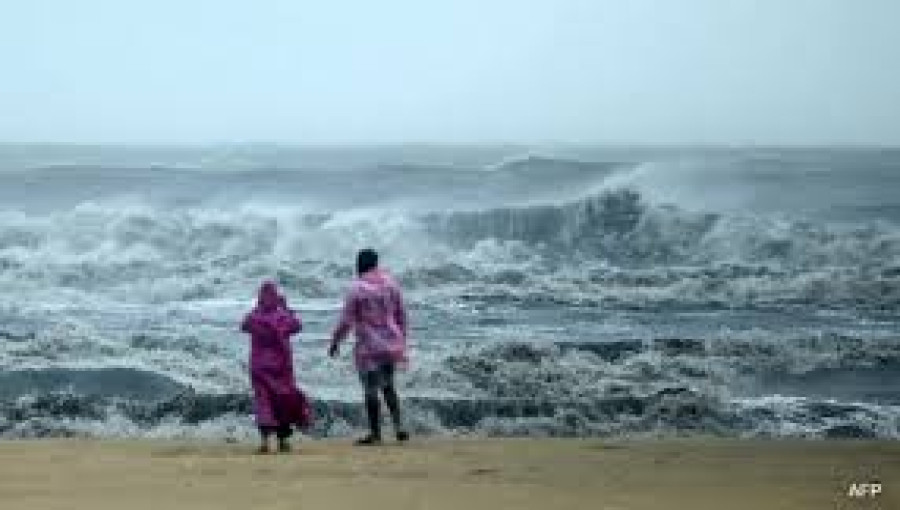


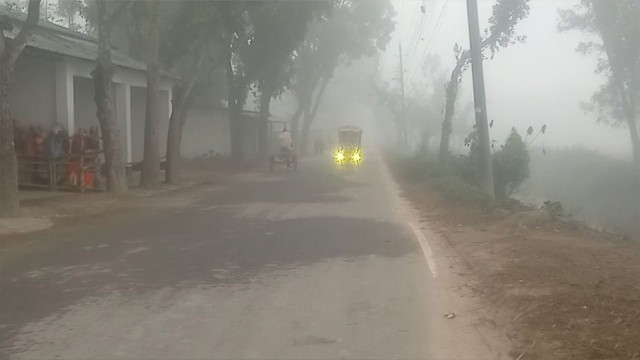

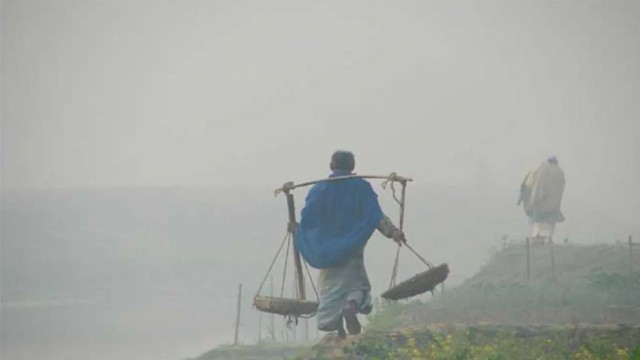
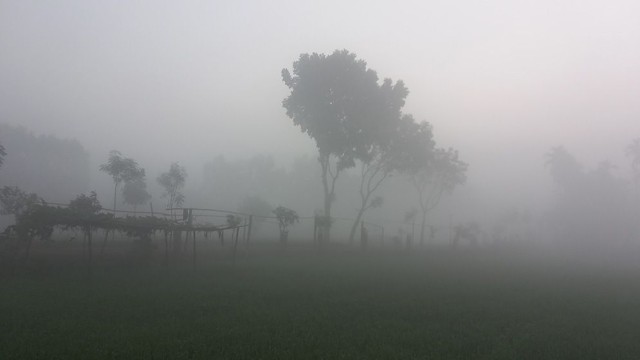







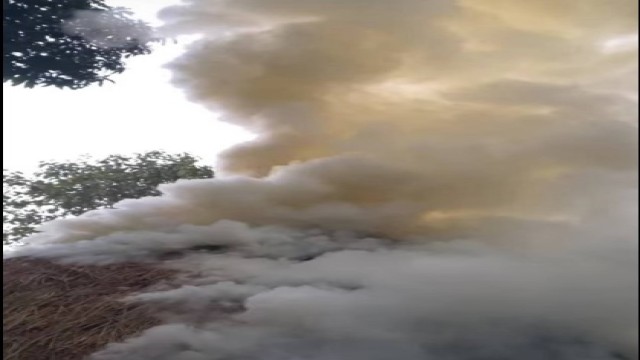













Comment: